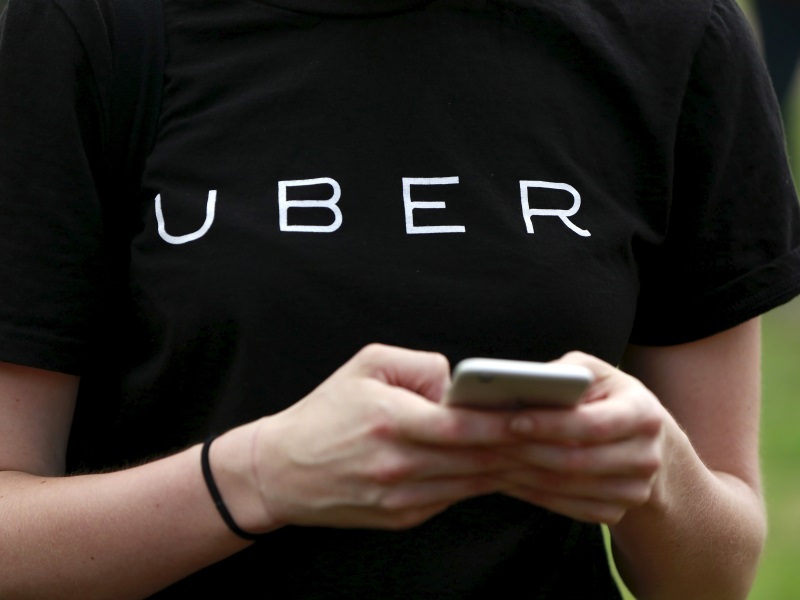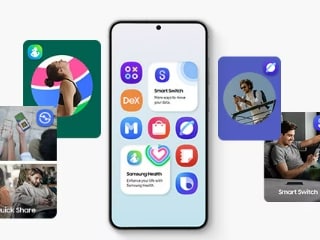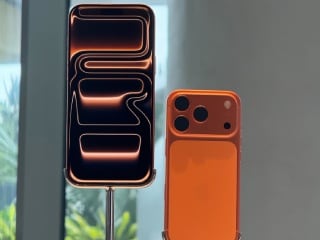Uber Wins Dismissal of Lawsuit by Connecticut Taxi Companies

U.S. District Judge Alvin Thompson in Hartford said the plaintiffs failed to show that Uber competed unfairly, tried to lure away their drivers, or misrepresented its services, fares and drivers' insurance coverage to passengers.
The judge also rejected the plaintiffs' argument that Uber should follow the same licensing and safety regulations that they are required by law to observe.
He said this was because it was only recently that Connecticut's legislature even asked the state's Department of Transportation to consider whether Uber should be covered.
Uber had argued that it was unclear how state transportation laws could "apply to a technology company" such as itself and which owns no cars and employs no drivers.
Uber spokesman Matthew Wing said the decision lets Connecticut drivers and passengers keep receiving the "economic and transportation benefits" that the company provides.
Lawyers for the taxi and limousine companies did not immediately respond to requests for comment.
Thompson said the plaintiffs may file an amended lawsuit if they wish.
The lawsuit is similar to many filed in the United States against San Francisco-based Uber, which lets customers summon vehicles through a smartphone application.
In their complaint, which also sought damages, the Connecticut companies said Uber succeeds because it can "prey parasitically on established taxicab and livery services" by cutting corners and ignoring laws meant to protect passengers.
Lyft Inc, another ride-sharing service, was originally also a defendant, but was dismissed from the case in February.
The case is Greenwich Taxi Inc et al v. Uber Technologies Inc et al, U.S. District Court, District of Connecticut, No. 14-00733.
© Thomson Reuters 2015
Catch the latest from the Consumer Electronics Show on Gadgets 360, at our CES 2026 hub.
Related Stories
- Samsung Galaxy Unpacked 2025
- ChatGPT
- Redmi Note 14 Pro+
- iPhone 16
- Apple Vision Pro
- Oneplus 12
- OnePlus Nord CE 3 Lite 5G
- iPhone 13
- Xiaomi 14 Pro
- Oppo Find N3
- Tecno Spark Go (2023)
- Realme V30
- Best Phones Under 25000
- Samsung Galaxy S24 Series
- Cryptocurrency
- iQoo 12
- Samsung Galaxy S24 Ultra
- Giottus
- Samsung Galaxy Z Flip 5
- Apple 'Scary Fast'
- Housefull 5
- GoPro Hero 12 Black Review
- Invincible Season 2
- JioGlass
- HD Ready TV
- Laptop Under 50000
- Smartwatch Under 10000
- Latest Mobile Phones
- Compare Phones
- OPPO A6c
- Samsung Galaxy A07 5G
- Vivo Y500i
- OnePlus Turbo 6V
- OnePlus Turbo 6
- Itel Zeno 20 Max
- OPPO Reno 15 Pro Mini 5G
- Poco M8 Pro 5G
- Lenovo Yoga Slim 7x (2025)
- Lenovo Yoga Slim 7a
- Realme Pad 3
- OPPO Pad Air 5
- Garmin Quatix 8 Pro
- NoiseFit Pro 6R
- Haier H5E Series
- Acerpure Nitro Z Series 100-inch QLED TV
- Asus ROG Ally
- Nintendo Switch Lite
- Haier 1.6 Ton 5 Star Inverter Split AC (HSU19G-MZAID5BN-INV)
- Haier 1.6 Ton 5 Star Inverter Split AC (HSU19G-MZAIM5BN-INV)

















